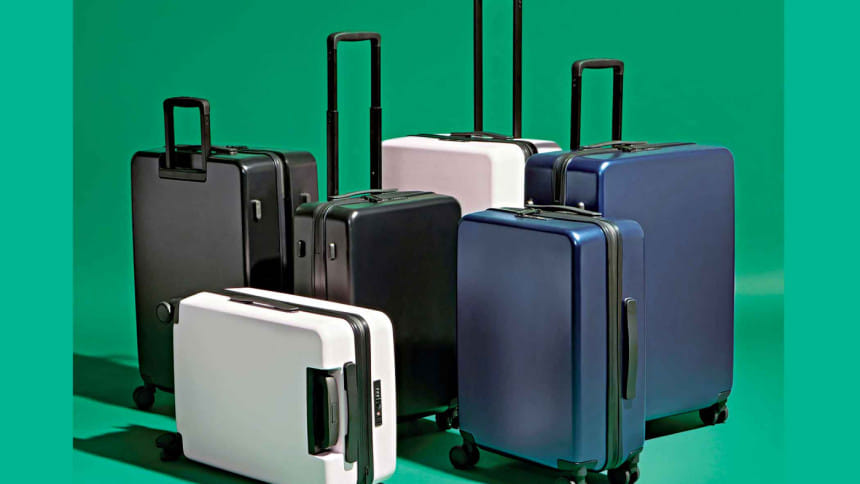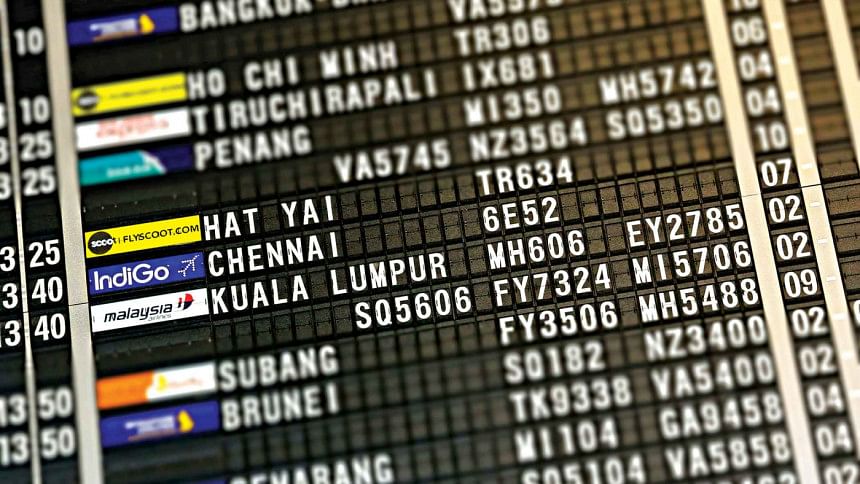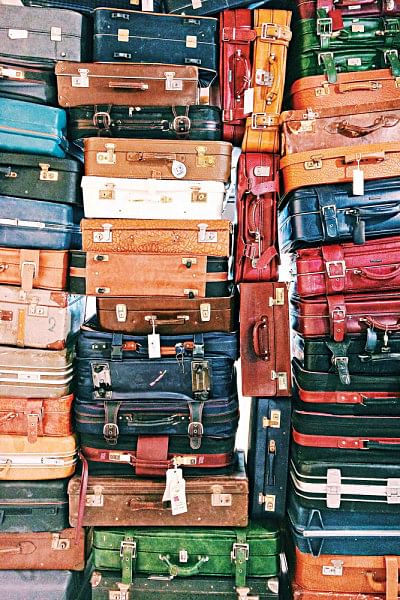Travel has finally entered the digital era, thanks to the pandemic

For the most part of 2020, the people of the world stayed home. Airports were shut down, borders were closed; the entire hospitality industry came to a standstill. It was almost as if people would witness the end of a trillion-dollar industry. A year later, the industry has been somewhat resurrected. And it's on its way to change for the better.
In the global economy, we have seen the growth of the travel-tech industry for the last 3 decades. In fact, there are more travel-tech companies listed in the public markets than ride-hailing and food delivery services combined. With the newest addition of Airbnb, there are now 10 travel-tech companies that are being publicly traded.
In the late '90s, travel was booming and that was when a shift from offline to online started taking place. We saw the birth of Booking.com, Expedia and Priceline groups in a decade. The same wave happened in India in the later decades, contributing to the birth of Makemytrip, Yatra and GoIbibo. The same happened recently in Indonesia and the unicorn Traveloka was born.
Unlike most countries, the travel industry in Bangladesh has always been offline. Traditionally, you have to rely on a travel agent to book your tickets and you always had to call hotels numerous times to find a relevant match. Even though the overall industry was growing, the use of technology in the local travel industry wasn't growing as fast as it should have. Around 2017, Online Travel Agency, OTAs, started popping up in the country.

The shift in the industry was only starting to gather momentum as people were slowly, but enthusiastically starting to move to online from offline. Then came the pandemic. The travel industry came to a standstill. It was presumed that until the vaccine became available widely, non-essential travel would not be happening. Luckily for the industry, it didn't take that long for things to pick up.
As restrictions were lifted and people grew impatient, domestic travel picked up from September. People who mostly travelled domestically, started travelling again; people who mostly travelled outside the country, started travelling domestically as well. For the first time since the lockdown, the resorts and hotels were fully booked, even during weekdays, thanks to the new 'Work From Home' culture that allowed people to work remotely even while travelling. Domestic travel saw a big spike. It grew approximately four times from October 2020 to January 2021.

With the resurrection of the industry, the shift to online became more apparent as people avoided physical visits to the agent's office, stations and so on. Slowly, the ease of online booking was paying off and the appeal is continuing to grow. The industry, thanks to the pandemic, saw an ironic boom in the latter half of 2020 that is set to last and grow, if all goes well.
This is just the beginning. Most aspects of our daily lives are moving online and this is an absolute golden opportunity for the travel industry. To many, travel was a luxury. And while it remains so for some, the pandemic made us realise that travel is also a necessity. The good thing is, we don't have to wait for 5 years to see the future of travel in Bangladesh, because it has already started happening. The future, for better or worse, is now.
The author is the founder and CEO of Go Zayaan Ltd and a co-founder of Analyzen Bangladesh.

 For all latest news, follow The Daily Star's Google News channel.
For all latest news, follow The Daily Star's Google News channel. 



Comments